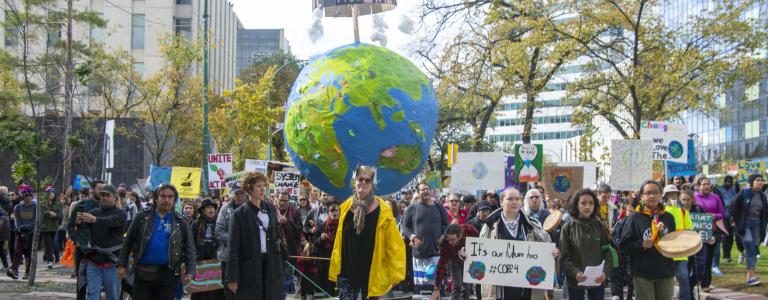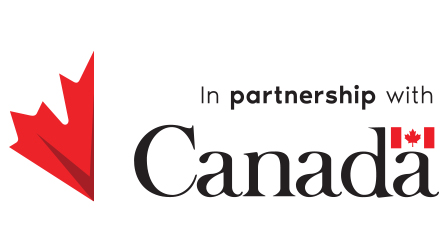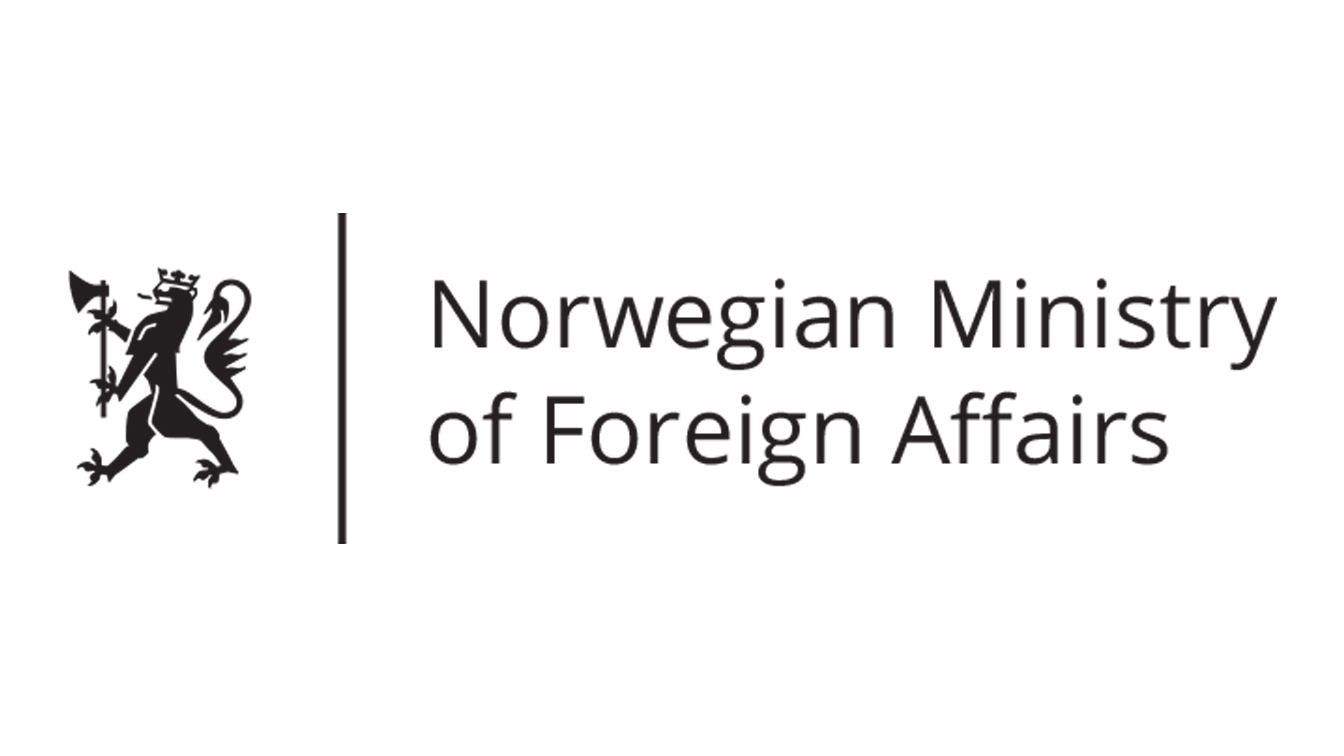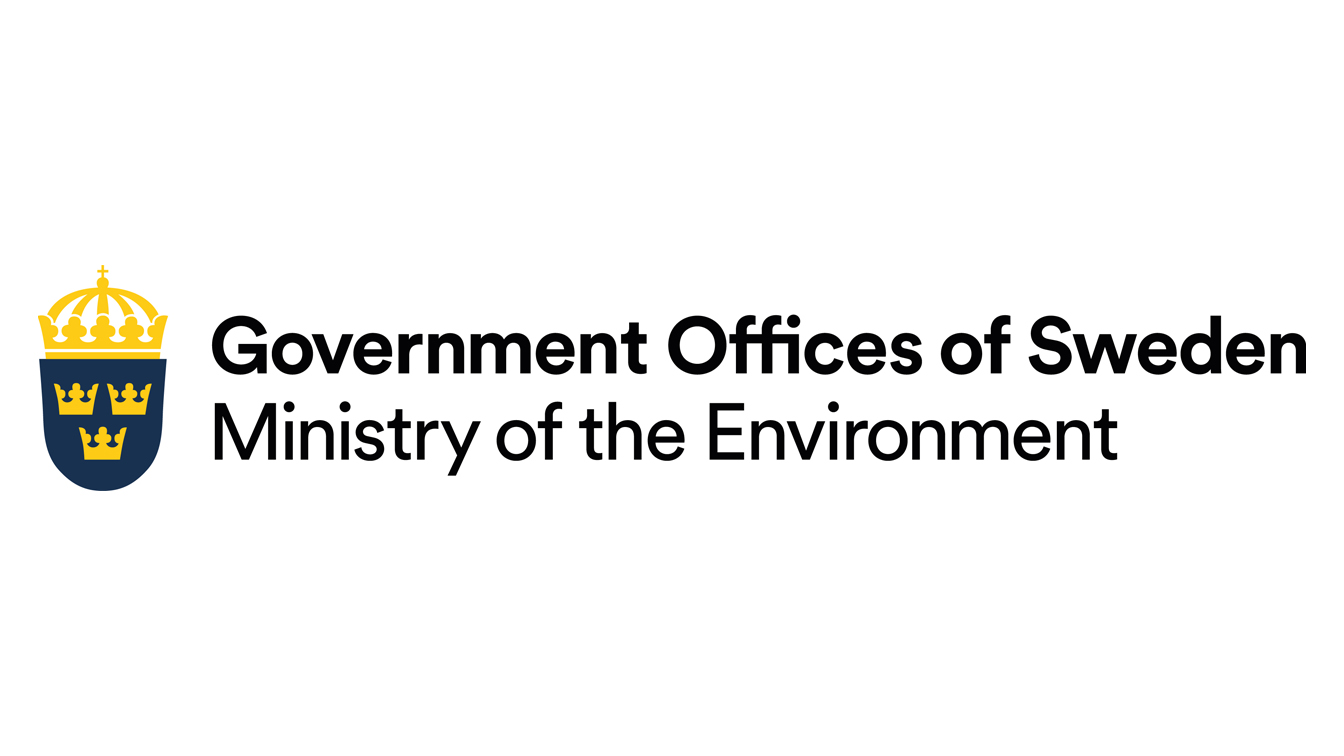Still Only One Earth: Lessons from 50 years of UN sustainable development policy
As humanity confronts multiple global crises—climate change, biodiversity loss, rising pollution—it is critical to take stock of how environmental progress has been fostered in the past and how to leverage those lessons to rebuild multilateral cooperation in a post-COVID world.
In the lead up to the 50th anniversaries of the Stockholm Conference on the Human Environment and the UN Environment Program in June 2022, the Earth Negotiations Bulletin team wrote a series of reports assessing the successes and shortcomings of five decades of global environmental policy. The Still Only One Earth policy brief series aims to build on the message of the landmark 1972 UN report that reminded humanity we have no other home but this planet.
Drawing on the unparalleled environmental negotiation insights of the global ENB team, Still Only One Earth draws on the lessons of the past to guide future endeavors to address the causes of climate change, support the sustainable management of natural resources, and foster fair and sustainable economies.
Subscribe to ENB Update to receive daily updates from environmental negotiations around the world.
Still Only One Earth Briefs

Stockholm and the Birth of Environmental Diplomacy
The 1972 United Nations Conference on the Human Environment in Stockholm began a new era of global cooperation on environmental issues.

Biological Diversity: Protecting the variety of life on Earth
It’s increasingly clear we need a significant policy shift away from “business as usual” to reverse the alarming rate of biodiversity loss.

The Evolving War on Illegal Wildlife Trafficking
Wildlife trafficking is causing unprecedented declines in some species and can potentially spread zoonoses, such as the one that causes COVID-19.

The Precautionary Principle
Understand a controversial legal principle that shapes trade, environmental action, and pandemic response.

The Global Governance of Sustainable Energy
The sustainable energy transition is not guided by a central, hierarchical organization—an approach with many positive features worth imitating.

Harnessing the Power of Finance and Technology to Deliver Sustainable Development
Without transferring technological and financial resources to developing countries, we cannot achieve the Sustainable Development Goals and the Paris Agreement on climate change.

Global Climate Change Governance: The search for effectiveness and universality
Countries' collective emission reduction pledges to fight climate change remain far from sufficient. What efforts and disputes led us to this crisis?

Confronting the Plastic Pollution Pandemic
Countries should carefully weigh the advantages and drawbacks of a proposed new global treaty on plastic pollution.

Protecting the Marine Environment from Land-based Activities
The experience of the Global Programme of Action for the Protection of the Marine Environment from Land-Based Activities shows the double-edged nature of multi-stakeholder partnerships.

What the World Learned Setting Development Goals
The Sustainable Development Goals may offer the best option to coordinate a global response to COVID-19, reduce the worst impacts, and “build back better.”

Merging the Poverty and Environment Agendas
Climate change, conflict, and COVID-19 are forcing a reassessment of how we eradicate poverty while addressing a planetary emergency

The Evolution of Private Sector Action in Sustainable Development
The history of private sector engagement in sustainable development is rife with controversy—and some genuine transformation.

COVID-19 and Planetary Health: How a Pandemic Could Pave the Way for a Green Recovery
Environment and health ministries need to form joint agendas and link policy and programming to facilitate a green recovery from COVID-19.

Gender Equality: The Formula to Accelerate Implementation of the 2030 Agenda for Sustainable Development
Addressing gender inequalities—including access to and control over natural resources—accelerates the impact of sustainable development policies.

Small Islands, Large Oceans: Voices on the Frontlines of Climate Change
For SIDS to survive climate change and the COVID-19 pandemic, we need to adopt an integrated approach that promotes economic diversification, innovative financing instruments, and scaling up the blue economy.

The Sustainable Use of Natural Resources: The Governance Challenge
Over-exploitation of natural resources harms the health of ecosystems and the livelihoods and wellbeing of people, but there are fair policy options.

The "Crown Jewels" of Environmental Diplomacy: Assessing the UNEP Regional Seas Programme
The Regional Seas Conventions and Action Plans have achieved significant impacts, including pollution prevention and coastal zone management. They’re an excellent testament for the strategy of segmenting environment action by region.

Biosafety: Ensuring the Safe Use of Modern Biotechnologies
As more genetically modified crops, insects, and fish are developed, the scientific and policy debates on the potential benefits and risks of biotechnologies remain polarized.

The Road to Sustainable Transport
Rethinking and revamping transportation in the post-COVID era could address many economic, social, and environmental challenges.

Coral Reefs: Strategies for Ecosystems on the Edge
Local stressors and climate change are causing a sharp decline in coral reefs and the more than 230 international agreements with coral reef provisions have failed to protect these “rainforests of the sea."

The Rising Pressures on Ocean Governance
The ocean is under serious threat, with stressors that include overfishing, marine pollution, habitat destruction, and acidification.

Do Mega-Conferences Advance Sustainable Development?
By including governments, civil society, the private sector, and other stakeholders, UN mega-conferences have attempted to legitimize and expand global sustainable development governance.

How to Regulate Our Waste-Full World
Going forward, the legitimacy of global governance of hazardous wastes may rest on its ability to enable governments protect the most vulnerable.

Doing More with Less: Ensuring Sustainable Consumption and Production
Ensuring sustainable consumption and production patterns has been one of the greatest global challenges over the past fifty years.

Healing the Ozone Layer Through Diplomacy
The Montreal Protocol shows what is possible when science, diplomacy, and business cooperate to implement international environmental agreements. But despite its success, there is still more work to be done.

How to Advance Sustainable Mining
Regulation of mining activities depends mainly on national frameworks and policies, but implementing good plans and practices remains problematic.

The Incremental Approach to Governing Mercury
Years of activism over mercury poisoning led to the Minamata Convention on Mercury. Going forward, work remains for regulating a critical emitter of mercury.

“The Ocean Is Not a Dumping Ground” Fifty Years of Regulating Ocean Dumping
Dumping waste not only threatens the ocean we know, but also the 80% of the ocean that has yet to be explored.

From Land Degradation to Land Restoration
Combating desertification, land degradation, and droughts can win socio-economic benefits for people in drylands and reduce climate change impacts.

Science-Policy Interfaces: From Warnings to Solutions
What lessons have we learned at bridging the enduring gulf between environmental science and policymaking?

How to Enforce the Polluter-Pays Principle
The simple but compelling idea that the "polluter pays" comes with considerable uncertainties and ambiguities during its use.

Trade and the Environment: The Search for Sustainable Solutions
While the interactions between trade and the environment are complex, pursuing policy coherence is imperative to leave no one behind.

Protecting Endangered Species
Despite continued conservation efforts, the status of many endangered species remains unchanged.

The Water and Sanitation Challenge
For universal access to become a reality, governments and private-sector service providers should adopt a human rights-based approach to ensure water and sanitation services are safe, available, accessible, affordable, and culturally acceptable.

A Warming Arctic is a Warning for the World
The Arctic is warming at a faster rate than other regions in the world and summer sea ice could disappear entirely as early as 2035. Cooperation among Arctic states is needed more than ever to ensure the Arctic, its inhabitants, and their way of life survive.

Indigenous Peoples: Defending an Environment for All
International environmental negotiations need to go beyond tokenistic participation of Indigenous Peoples to a genuine integration of their worldviews and knowledge.

Pathways to Sustainable Cities
Urban planning needs to be inclusive and responsive to the needs of local communities and build on participatory approaches that foster the engagement of marginalized actors.

The Roots of Forest Loss and Governance
If lessons from past failures on reducing deforestation can be learned, forest protection could play a major role in reversing both climate change and biodiversity loss.

Disaster Risk Reduction in an Unstable World
Between 1970 and 2019, more than 11,000 disasters were attributed to weather, climate, and water-related hazards, accounting for more than two million deaths and USD 3.64 trillion in losses.

The Legacies of the Stockholm Conference
Multilateralism is key to solving today’s global environmental challenges, but it may not be enough to avert catastrophic damage unless governments and all stakeholders rise to the occasion.
Project team

Jennifer Allan
Writer/Editor, Earth Negotiations Bulletin

Jennifer Bansard
Writer, Earth Negotiations Bulletin

Paola Bettelli
Writer, Earth Negotiations Bulletin

Pamela Chasek
Executive Editor, Earth Negotiations Bulletin

Nicole de Paula
Writer/Editor Earth Negotiations Bulletin

Peter Doran
Writer/Editor and Team Leader Earth Negotiations Bulletin

Dina Hestad (Dr.)
Writer, Earth Negotiations Bulletin

Tallash Kantai
Digital Editor/Writer Earth Negotiations Bulletin

Pia Kohler
Writer/Editor Earth Negotiations Bulletin

Elena Kosolapova
Senior Policy Advisor, Tracking Progress

Ana-Maria Lebada
Writer Earth Negotiations Bulletin

Mari Luomi (PhD)
Writer/Editor Earth Negotiations Bulletin

Suzi Malan (Dr.)
Writer, Earth Negotiations Bulletin

Leila Mead
Digital Editor/Writer/Editor Earth Negotiations Bulletin and Photographer

Delia Paul
Writer/Editor Earth Negotiations Bulletin

Teya Penniman
Team Leader, Writer, Video Producer, Earth Negotiations Bulletin

Jose Felix Pinto-Bazurco Ph.D.
Writer, Earth Negotiations Bulletin

Tanya Rosen
Writer, Earth Negotiations Bulletin

Mika Schröder
Writer Earth Negotiations Bulletin

Asterios Tsioumanis
Writer/Editor Earth Negotiations Bulletin

Elsa Tsioumani (PhD)
Writer/Editor Earth Negotiations Bulletin

Liz Willetts
Writer/Editor Earth Negotiations Bulletin
Latest
You might also be interested in
Rethinking International Investment Governance
Dissecting the key issues with the current regime and leads the way toward fair, inclusive, and sustainable international investment governance.
The Health-Environment Nexus
Helping the global community bridge the health and environment sectors.
Task Force for a Resilient Recovery
With ideas from Canada and around the world, our Task Force aims for a resilient recovery—one that delivers good jobs, is positive for the environment, and addresses inequality.
IISD Next: Campus Workshop Series on Sustainability
A free workshop series on sustainability to educate and empower youth worldwide with tools on policy, sustainable development goals, and more.



